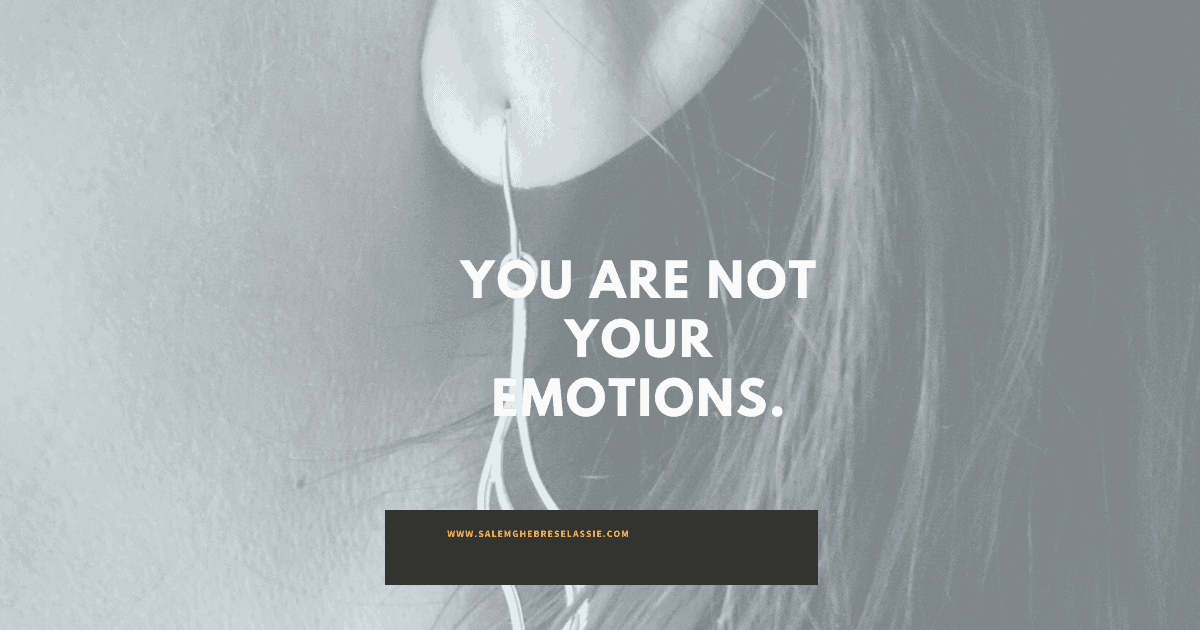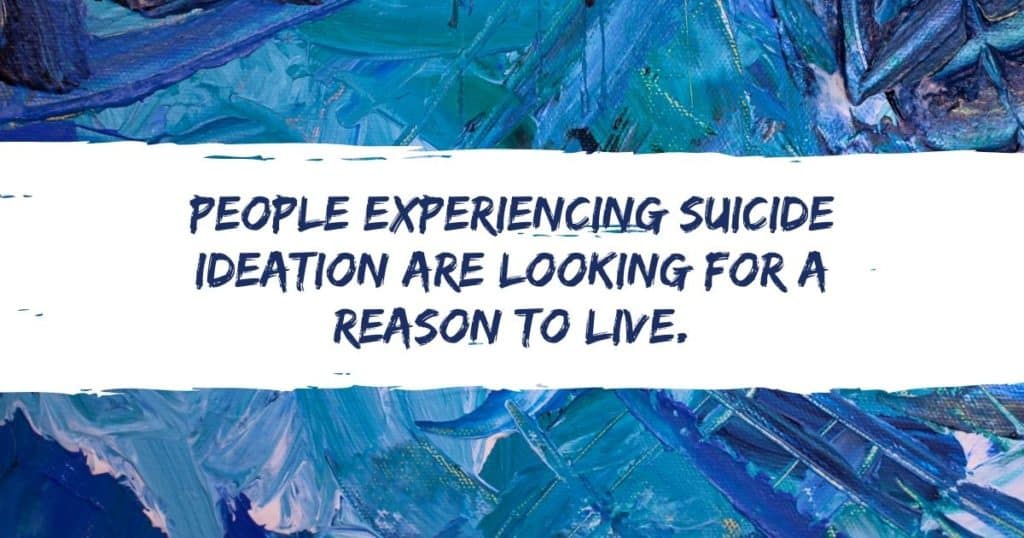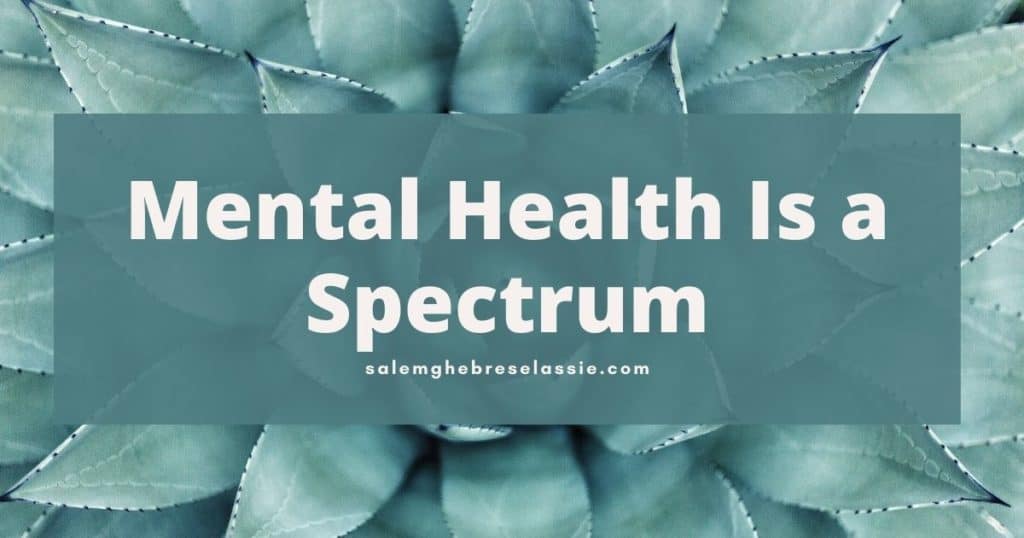Our emotions are so linked to our humanity that they co-exist. But, at the same time, it’s not the end all be all of our identity, we are not our emotions. Irenaeus once said, “The glory of God is a human being fully alive.” You are an image-bearer of God. When we learn to channel our emotions in a healthy way, we will see the benefits in all of our relationships. Being aware of our feelings helps us better regulate ourselves and the life experiences we went through.
Our emotions by themselves are not necessarily good or bad – it all depends on the context we use them and what we make out of them. Like I said before, certain situations or people cause you to produce a pleasant or unpleasant emotional response. Your emotions can be regulated on an intrapersonal level (within yourself) and what you are experiencing at a particular moment. On the other hand, other people can also help you navigate and process your emotions (interpersonally).
One way our body communicates to us is through certain emotions that we experience in our bodies. Why? Because our emotional experiences are closely related to our cognitive functioning. You are not triggered by the things around you but by the views you hold about those things. This means no one can force you to feel anything unless you willingly choose to feel it. Because at the end of the day your circumstance doesn’t have the control over your emotions, you do. Let me say it this way; the memories you hold about your past or what happened to you are not necessarily a trigger, rather the emotions and feelings that are created by that certain memory cause you to respond in a certain way. For example, if you have experienced any type of abuse in your life – such abuse can open all kinds of emotions within you, ranging from anger and hurt to feelings of hopelessness and sadness. Research studies over the years discovered repeatedly that our brain records everything – not surprisingly, but here is the interesting part our brain records particular emotions/ feelings that are linked to certain events that happened in our lives, the good and the bad, and everything in between! Those feelings and emotions that are produced by such events in your life if not addressed properly can spiral into destructive behavior and affects your mental health.
By acknowledging our emotions and feelings we launch into a new way of living. Especially the acknowledgment of negative emotions. It can be the key to starting the process of healing. When we don’t address what we feel emotionally, we devalue and repress our humanity. When we run away from our feelings by being silent, we detach ourselves from reality, our relationship with God and others. Remember, to feel is to be human. Acknowledging and understanding bring emotional healing. Let me leave you with this thought from St. Augustine, “ How can you draw close to God when you are far from your own self?” He prayed, “Grant, Lord, that I may know myself that I may know thee.” We can’t draw close with God nor with others if we are far away from our own self, including our own emotions.







